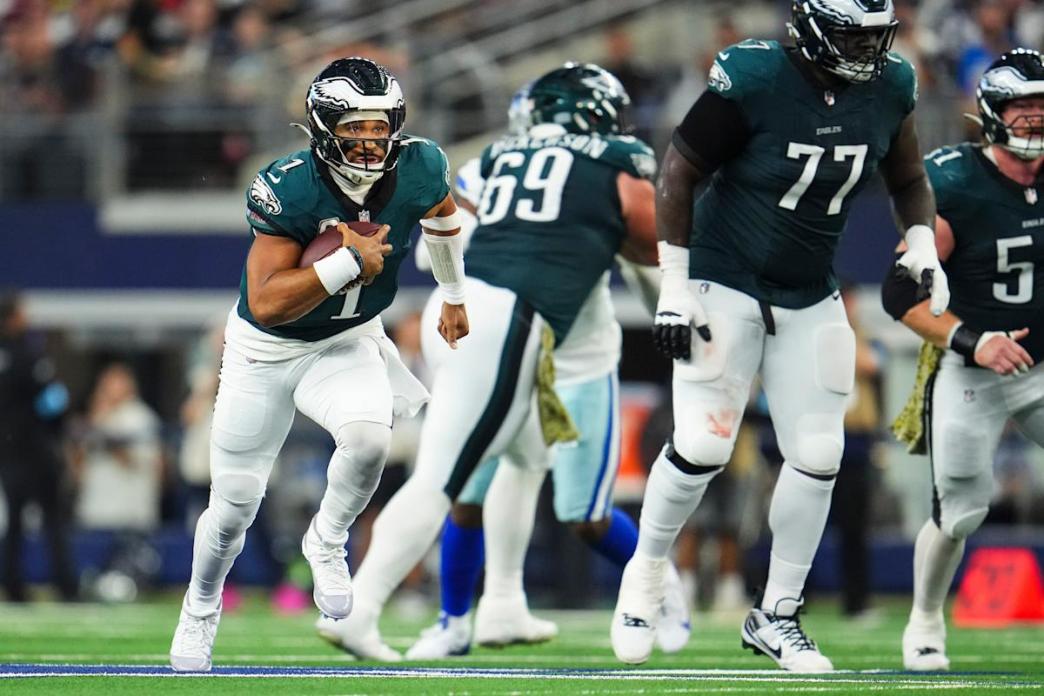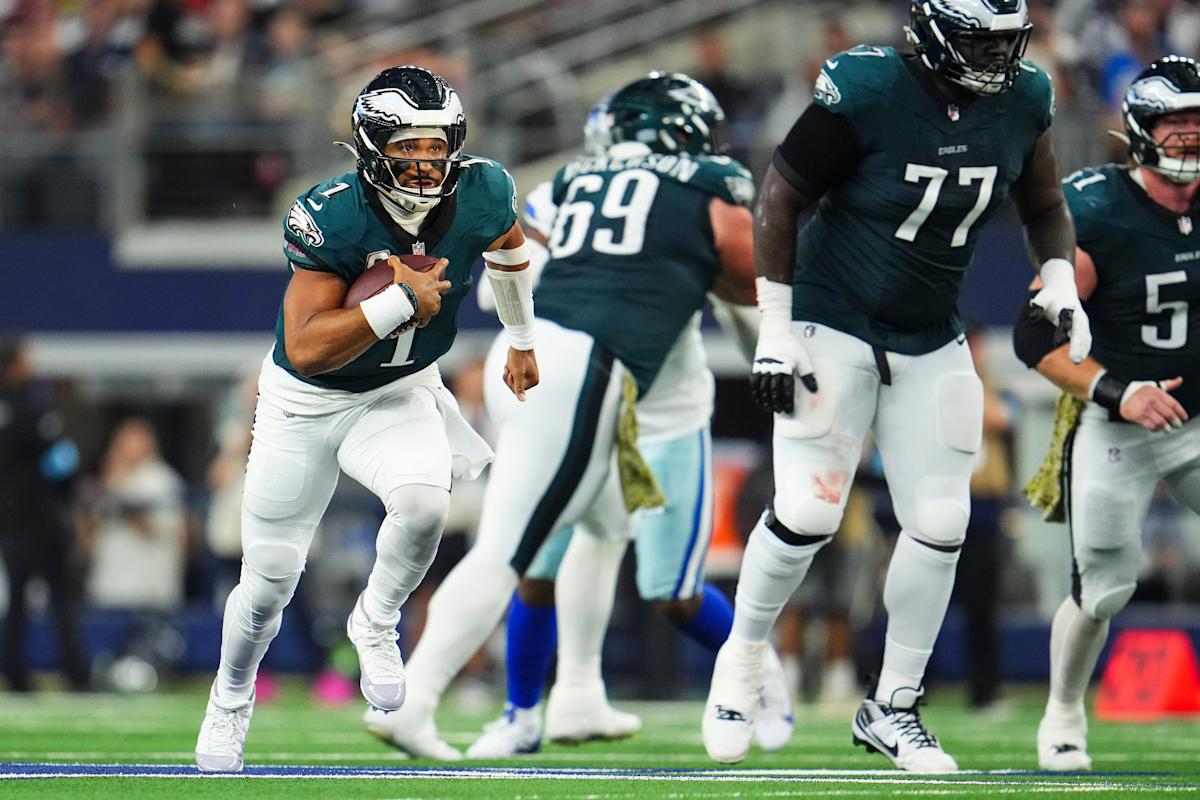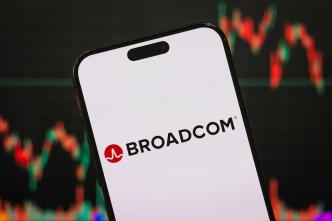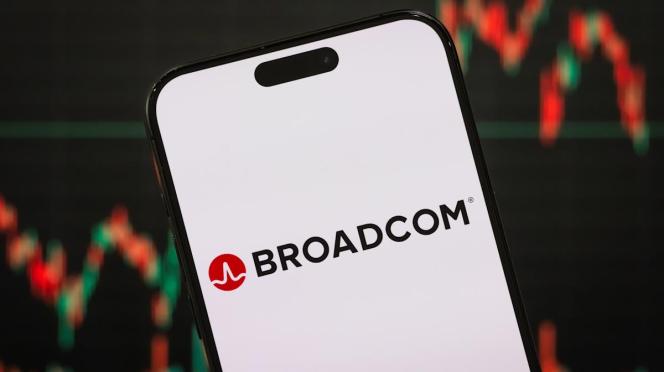The gray area Robinhood and FanDuel are using to bring sports betting and stock trading closer together
The worlds of sports betting and stock trading have never been more closely connected.
And bringing these two industries together is one key product: event contracts.
In mid-August, Robinhood (HOOD) announced it would begin rolling out event contracts for college and professional football. A day later, sports betting giant FanDuel (FLUT) said it would soon be offering its users event contracts on financial products ranging from stocks and bitcoin (BTC-USD) to oil and gold.
Event contracts offer users a binary yes-or-no choice on a defined event. For instance: Who will win the game between the Philadelphia Eagles and Dallas Cowboys on Sept. 4? Will the price of gold close above or below $3,500 an ounce tomorrow? And so on.
The products operate in a gray area, as they’re considered neither wagers nor investments, and experts told Yahoo Finance the legal and regulatory landscapes leave companies with a variety of ways to approach the market.
Jalen Hurts #1 of the Philadelphia Eagles runs the ball during an NFL football game against the Dallas Cowboys at AT&T Stadium on November 10, 2024 in Arlington, Texas. (Photo by Cooper Neill/Getty Images) · Cooper Neill via Getty Images
“The product that you are going to see on prediction markets is already evolving very rapidly and what you see this season could look completely different by the next NFL season if not sooner,” said Joel Simkins, a longtime gaming-focused equity research analyst and founder of gaming-industry advisory firm XST Capital Group. “You have to ask yourself, where does this stop?”
Event contracts are regulated by the Commodities Futures Trading Commission (CFTC). Wagers, in contrast, are regulated by state gaming commissions, while trading and investing fall under the purview of the Securities and Exchange Commission (SEC).
To the American Gaming Association, the most prominent trade group for the gambling industry, event contracts on sports are indeed a form of gambling and need to be regulated as such, instead of being allowed to operate through what AGA president and CEO Bill Miller called “financial loopholes.”
Major sports leagues have also expressed concern, with the NBA arguing in a May letter to acting CFTC head Caroline Pham that “the integrity risks posed by sports prediction markets are more significant and more difficult to manage than those presented by legal, regulated sports gambling.”
And legal fights are already emerging.
On the same day Robinhood announced the rollout of its new products, the brokerage platform sued gaming officials in Nevada and New Jersey, home to gambling hubs Las Vegas and Atlantic City, respectively, for allegedly trying to block Robinhood’s event contracts in their states.
“If states could regulate some but not all entities relevant to these transactions, such regulation would infringe on the CFTC’s exclusive jurisdiction and fracture what Congress intended to be a uniform set of regulations for commodity futures and swaps trading,” Robinhood’s complaints said.
Story Continues
And the appeal of bringing sports and trading under one roof is clear to the companies.
Two-thirds of Robinhood users also use mobile sports betting platforms like FanDuel and DraftKings (DKNG), according to a 2025 survey from investment bank Mizuho.
Chad Beynon, head of US research at Macquarie Capital, told Yahoo Finance, the lack of clear regulation has made some companies leery about leading with offerings in the space, but for those willing to take the risk as early movers, “a bigger [total addressable market] and the cross-sell would be massive.”
Robinhood is also not the first trading platform to enter sports with event contracts. Crypto.com, which offers equities and cryptocurrency trading, launched a sports-based event contracts business in December 2024 throughout the US.
Nor is this month’s announcement the first time Robinhood has tried to bring sports onto its platform. In the week leading up to the Super Bowl in February, the brokerage began offering contracts on the outcome of the game. The CFTC asked Robinhood to cease offering the contracts only a day later.
“Adding pro and college football to our prediction markets hub is a no-brainer for us as we aim to make Robinhood a one-stop shop,” Robinhood said in a press release announcing the rollout. “Our goal is to enable anyone, anywhere, to trade, invest or hold any financial asset and conduct any financial transaction through Robinhood.”
As this market matures, two key questions loom — how consumers are protected, and how integrity in the market is enforced, especially given the lack of clear guidance from the CFTC on the products.
Robinhood’s argument essentially says more products in fewer places offer better outcomes for customers.
And XST’s Simkins said, “the consumer benefits from increased competition that will compress spreads and [offer] better pricing, particularly as volumes across online sports books, prediction markets, and other betting products (ex: daily fantasy sports) continues to grow.”
In other words, a larger, deeper market is a cheaper, fairer market. Whether the structure of a given market creates the best outcomes for all of its participants, however, is the question our increasingly financialized society will continue to wrestle with.
“What worries me is confusing the consumer and giving them the impression that ‘taking the Jets to win’ this weekend, even though I’m a fan, is a sound investment decision,” Simkins said.
“This isn’t something that Warren Buffett would be preaching.”
Jake Conley is a breaking news reporter covering US equities for Yahoo Finance. Follow him on X at @byjakeconley or email him at jake.conley@yahooinc.com.
Click here for in-depth analysis of the latest stock market news and events moving stock prices
Read the latest financial and business news from Yahoo Finance













